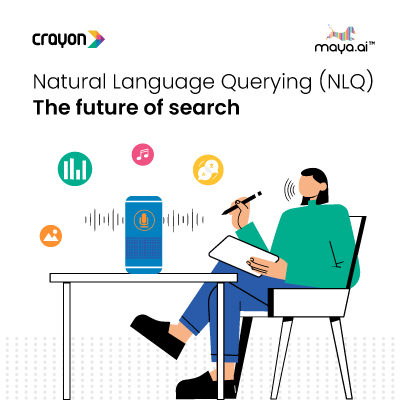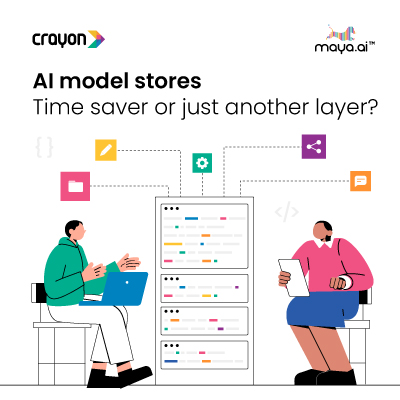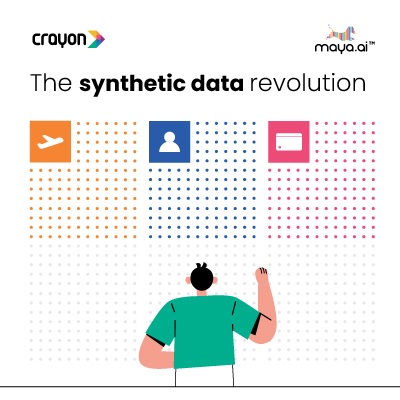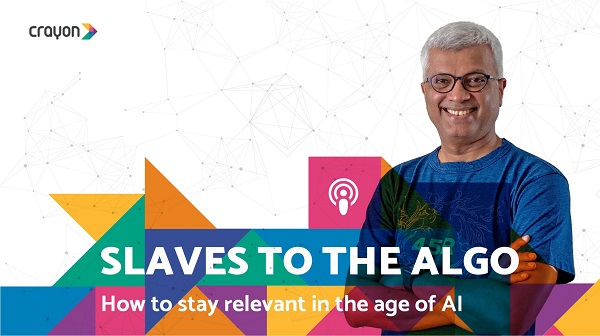Cancer is a pervasive problem that is becoming more prevalent in the United States and abroad. Oncologists are investing in new technology to improve treatments for their growing number of patients. In recent years, healthcare experts have discovered that artificial intelligence is one of the most promising forms of technology in the field of oncology.
The number of benefits of AI in the field of oncology is almost too numerous to list. However, some of these benefits are so promising that they warrant discussion. Here are some of the top benefits of artificial intelligence for treating all types of cancer.
Personalized radiation treatments
Radiation has been one of the most common and effective forms of treating cancer for many years. However, oncologists have historically been unable to take all necessary patient variables into account when determining whether a patient should receive radiation treatments, duration of the treatment, the number of treatments they should undergo in a given interval of time and the ideal dose of radiation.
The Cleveland Clinic has recently started incorporating AI into its radiation treatments. Oncologists at the Cleveland clinic have been using electronic health records and medical imaging data to get a better understanding of patient at risk factors. They developed machine learning algorithms that rely on this data to develop radiation treatment plans for cancer patients.
This AI-driven approach to cancer treatment has proven to be remarkably effective. The success rate is reportedly over 95%.
These artificial intelligence models are likely to improve over time. According to the Lancet Digital Health publication, the original model relied on scans from 944 patients suffering from lung cancer. These models will eventually start to evaluate the outcomes of patients and offer more effective recommendations. They might also be able to evaluate the long-term health implications of radiation, so they can find a balance between providing clinically effective treatments and minimizing the risk of side effects.
Minimizing toxicity of radiation
Researchers from MIT have started developing new AI technology to improve outcomes for patients with cancer. While most oncologists are looking to use AI to more effectively eliminate tumors, these researchers are focusing on an equally important objective. They are trying to reduce the toxicity of cancer treatments to minimize the risk of devastating side effects.
The team of artificial intelligence scientists at MIT have taken a rather novel approach to their research. They borrowed a concept from the field of behavioral psychology known as reinforced learning. They developed a number of AI automatons that contribute to machine learning approaches. These AI bots are giving incentives to find better outcomes with available data.
Many experts believe that this approach will be useful in other fields as well. The admiration for this work is not limited to the field of AI development. Biologists with little training in AI are praising the research as well, including Nicholas Schork of J. Craig Venter Institute. MIT News contributor Rob Matheson reported on Schork’s opinion on the role of AI in healthcare.
“Schork adds that this work may particularly interest the U.S. Food and Drug Administration, which is now seeking ways to leverage data and artificial intelligence to develop health technologies. Regulations still need be established, he says, “but I don’t doubt, in a short amount of time, the FDA will figure out how to vet these [technologies] appropriately, so they can be used in everyday clinical programs.”
AI is the future of cancer treatment
Healthcare professionals should also be cognizant of AI technology helping radiologists. By definition, radiologists have always led the field by introducing the most advanced and innovative technologies. Many technology companies are developing solutions that will improve cancer patient treatment, as well as assist physicians and improve their efficiency. AI is one of the most promising forms of technology to treat nearly every type of cancer, and these will continue to be developed to address these growing risks.
























